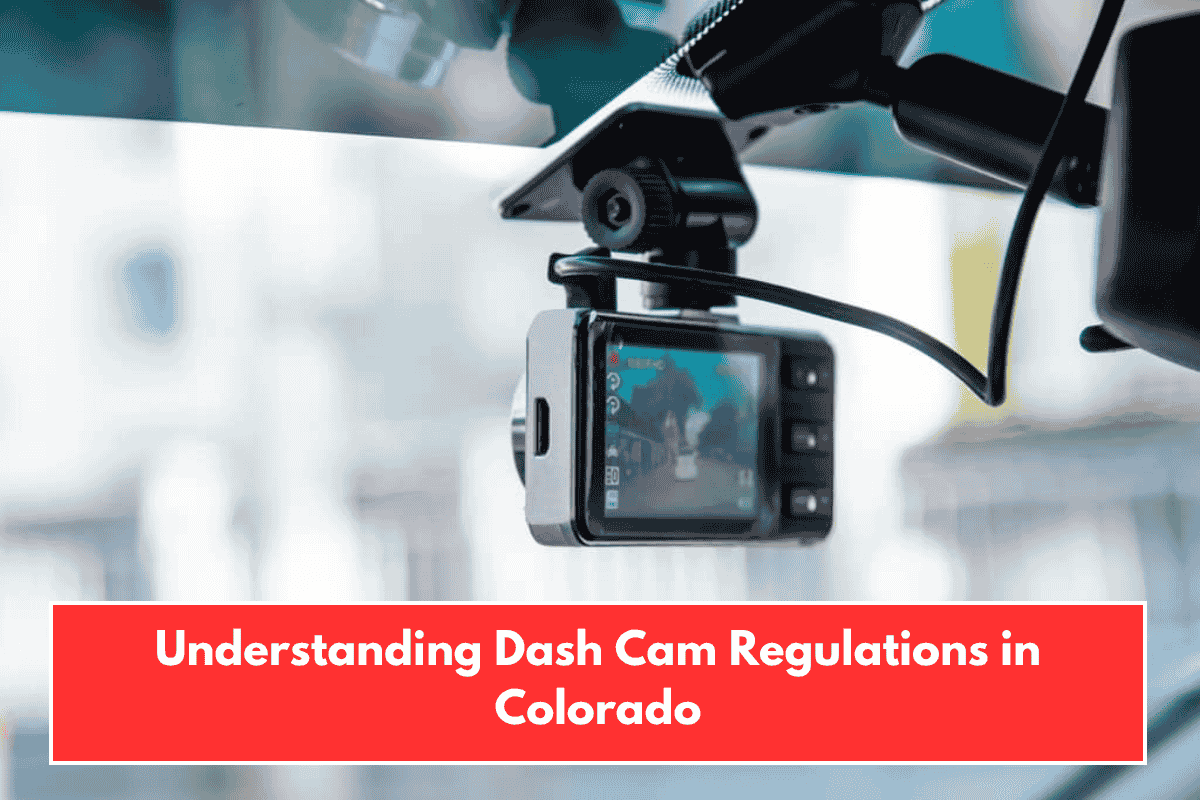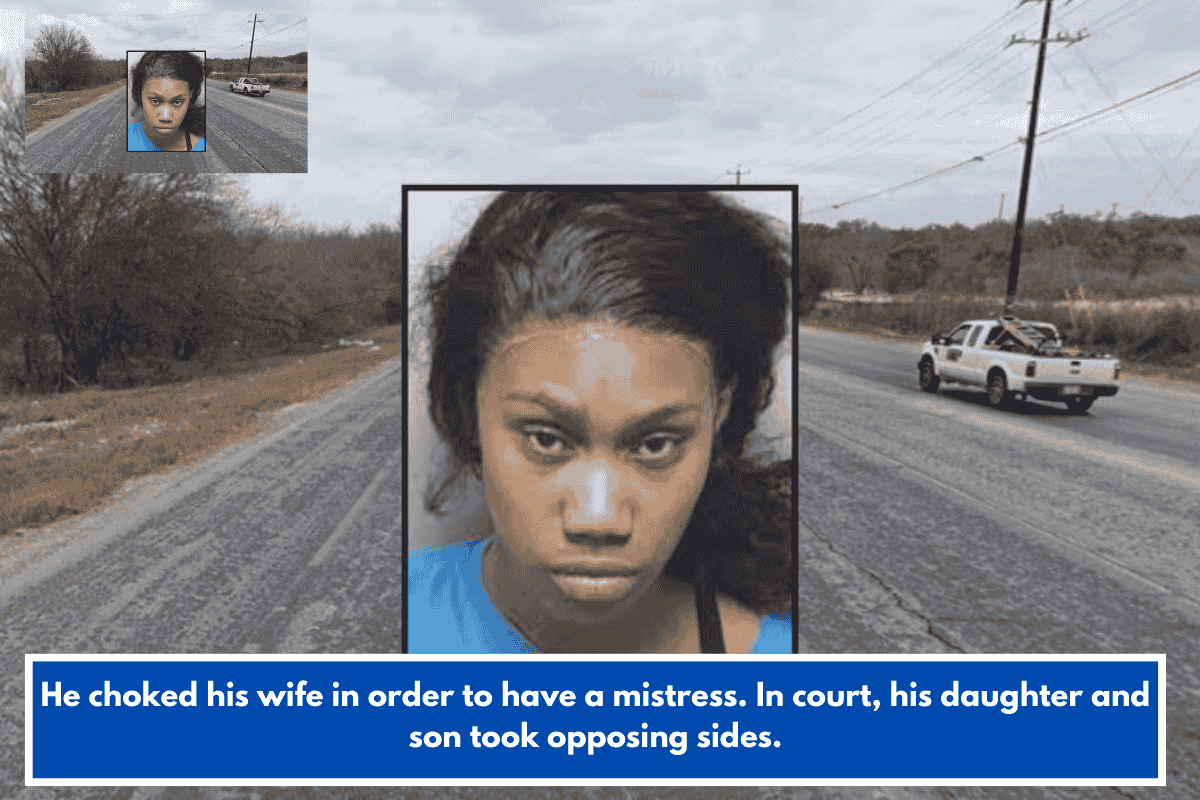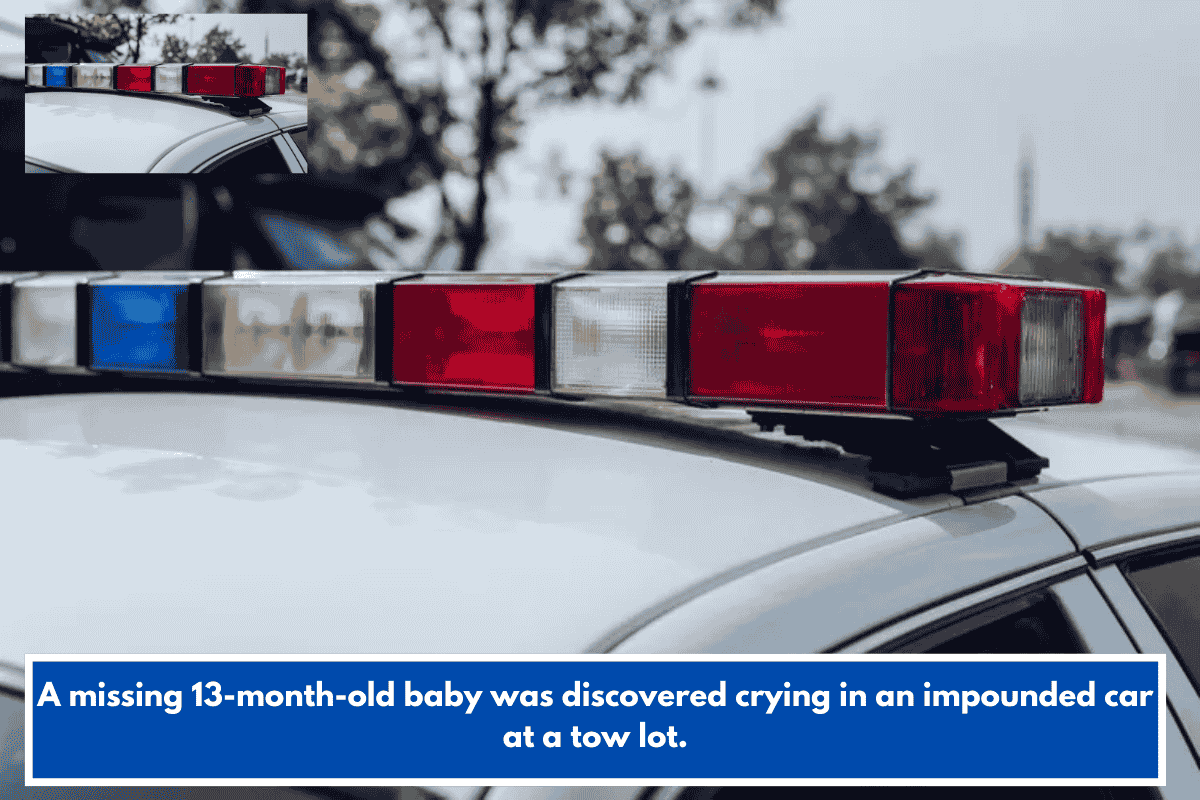- Dash cams are legal in Colorado. There is no state law explicitly prohibiting their use in private vehicles.
- The primary legal concern is how and where the dash cam is mounted, not the act of recording itself.
Mounting and Placement Requirements
- Colorado law prohibits mounting any device, including dash cams, in a way that obstructs the driver’s view of the road.
- Devices must not create glare or distraction for the driver or other motorists. Reflective or metallic dash cams are discouraged for this reason.
- Local ordinances may be stricter. For example, Denver Ordinance 54-124 requires the driver’s vision through the windshield and all windows to be “normal and unobstructed,” so a dash cam must not block the driver’s view.
- Recommended placement: Behind the rearview mirror or in a lower corner of the windshield, out of the driver’s direct line of sight.
Audio Recording Laws
- Colorado is a one-party consent state for audio recording. This means you can record audio in your vehicle as long as at least one party (which can be you) consents to the recording.
- However, if you drive into another state, their audio recording consent laws may apply, and you may need to disable audio recording or obtain consent from all parties.
Use of Dash Cam Footage as Evidence
- Dash cam footage is generally admissible in Colorado courts, provided it has not been tampered with and meets standard evidentiary requirements.
- Footage can be powerful evidence in car accident claims, helping to establish the facts of an incident objectively.
- Police cannot seize your dash cam during a routine traffic stop. However, footage can be subpoenaed in the event of an investigation or court case, and you must comply with such court orders.
Best Practices for Compliance
- Ensure your dash cam does not obstruct your view or create glare.
- Regularly check local ordinances, especially if driving in cities like Denver.
- If your dash cam records audio, be mindful of consent laws when crossing state lines.
- Never tamper with or delete footage if it may be relevant to an investigation or legal claim.
Summary Table: Colorado Dash Cam Rules
| Aspect | Regulation/Guidance |
|---|---|
| Legality | Legal statewide |
| Mounting | Must not obstruct driver’s view or create glare/distraction |
| Local Ordinances | May be stricter (e.g., Denver: no obstruction of any window) |
| Audio Recording | One-party consent required |
| Evidence Use | Admissible if untampered; can be subpoenaed |
| Police Seizure | Not allowed at traffic stops; subpoena required for footage |
Key Takeaway:
Dash cams are legal and widely used in Colorado, but careful attention must be paid to placement and local regulations to avoid violations and ensure footage is admissible in legal proceedings.














